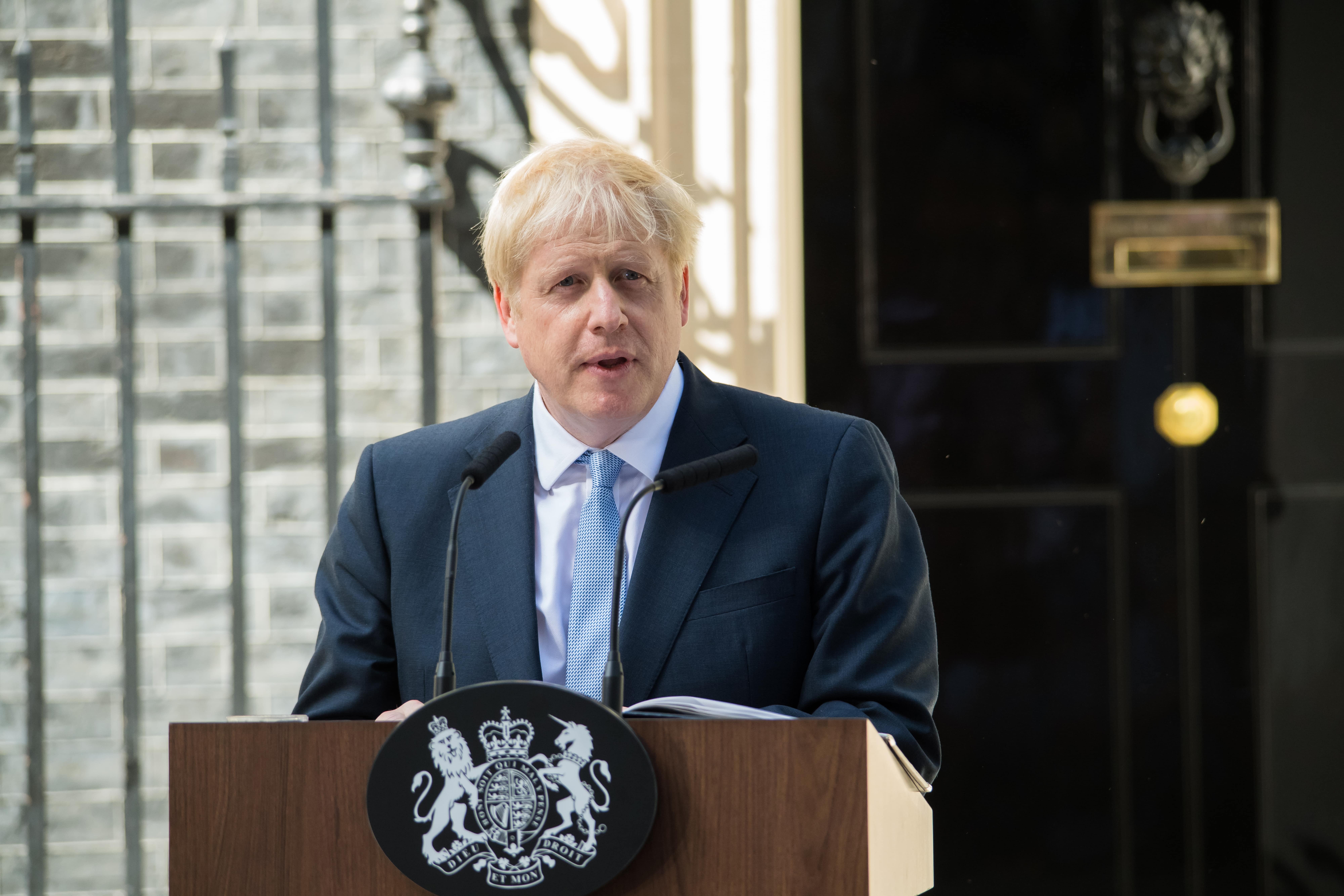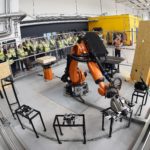Sector - Public Sector
Role of Data and Digital Twins in Street Works

Michelle Scarsbrook, Commercial Sector Director at Sopra Steria. Within Sopra Steria, she’s championing the adoption of connected Digital Twins across Industries to optimise performance and provide an opportunity to improve the environment and increase societal value. In this feature, she looks at the role of data and digital twins within the evolution of street works.
It is estimated over 4 million utility excavation works (street-works) are carried out annually in the UK and it costs over £7bn per annum to the UK economy. This is only expected to increase with the government’s manifesto commitment to roll out full fibre and gigabit-capable broadband to every home and business in the UK by 2025.
Keeping the public informed and minimising any disruption that affects the quality of life for citizens is essential. However, as we have all experienced when we have been caught up in street-work traffic – reducing disruption is not always achieved! Often, failing to obtain a valid permit to carry out work on public highways has caused serious congestion, with recent examples in Wandsworth, London, and Bradford, causing serious gridlock.
Greater automation combined with a highly skilled workforce
Examples such as this highlight the need for the street-works sector to evolve quickly, not only to minimise disruption but also support the UK’s drive towards a carbon neutral and connected country.
We’ve already seen progress in this, with some companies developing a more automated and data informed approach to jobs to work smarter. For example, M Group Services has been operating this way for the last 10 years and is currently on target to deliver over 2 million street-works transactions in 2021.
This is largely down to the introduction of ground-breaking Robotic Process Automation (RPA) technology to retrieve asset location information and handle the high volume, repeatable tasks, as well as validation and grid plotting, noticing / permitting and registration activity.
Also key to the success of M Group Services is its team of highly skilled and industry knowledge-rich individuals, both internal and external, which have helped to deliver jobs on time and to budget, while also creating substantial savings from driving efficiencies in the way they work. In turn, this has helped to minimise disruption to both the organisations involved with the street-works but also to the general public who use the highways for their everyday activities.
So, whilst digitalisation is critical, organisations shouldn’t overlook the workforce and must ensure it is successfully trained and properly accredited to be effective in the digital future. Additionally, firms can also work with third party organisations to help them overcome barriers to digital change and mitigate against the hidden costs of innovation.
Embracing the next frontier of street-works: digital twins
However, to reach the government’s lofty calls requires a further evolution, where we see a new wave of emerging technologies including digital twins.
Digital twins will be crucial to the future success of street-works, opening up opportunities for the sector to drive greater efficiencies and improvements, minimise disruption and improve customer experience.
Simply put, a digital twin is a replica of a real-world asset, be that a car, a road, or an entire city. It differs from the traditional Building Information Model (BIM), since it can be used as an up-to-date asset management system, syncing with the real-world through sensors, processes, and other data sources, and providing a comprehensive and dynamic digital replica of a real-world asset.
With all the data affecting an asset’s operations in one place, there is greater collaboration between stakeholders – from utilities to highways management – and better asset control and management, helping to limit errors and re-work. Furthermore, through sensors and predictive analytics, the digital twin can be used to reduce street-works activity, as the sector evolves towards predictive and proactive maintenance.
Some organisations are taking this one step further and looking at self-repairing concepts, using a mix of the digital twin and robotics to eliminate all unnecessary street-works. For example, the University of Leeds is working with the local council and other institutions under the Self Repairing Cities initiative to use a mix of robotics and the digital twin to eliminate unnecessary street-works by 2050.
Meeting street works goals in the UK
To meet the UK’s net zero and digital ambitions, disruption due to roadworks is inevitable in the short term. However, becoming data-driven and embracing emerging technology concepts, such as digital twins will help the utilities sector minimise this in the long-term, while also driving greater efficiencies in jobs.
Greater collaboration between project stakeholders will be instrumental in achieving a connected future which adds to the quality of life of the UK citizen. It will also help to avoid the daily disruptions all of us face as we look to embrace and use future technologies which require strong, stable underground infrastructure to be managed and maintained.
If you would like to read more stories like this, then please click here
Related Articles
More Public Sector Features
- Pagabo provides clarity on impacts of new NPPS and PPNs
12 Mar 25
The Labour government’s new National Procurement Policy Statement (NPPS) sets out strategic priorities for public procurement.
- How is the Procurement Act going to drive social value
24 Feb 25
The regulations laid out within the Procurement Act 2023 will go live today.
- Assessing progress one year into the Timber Roadmap
7 Jan 25
At the end of 2023, the government launched the Timber in Construction Roadmap.






